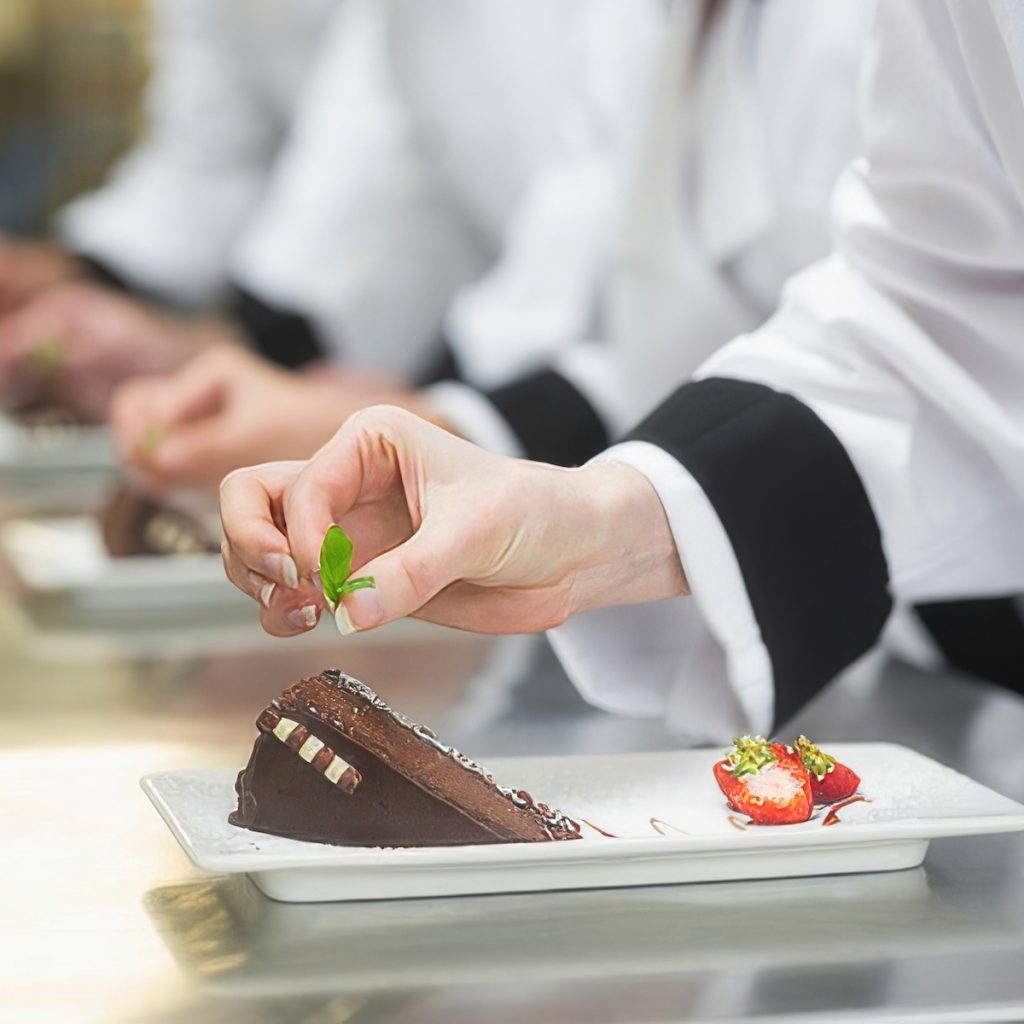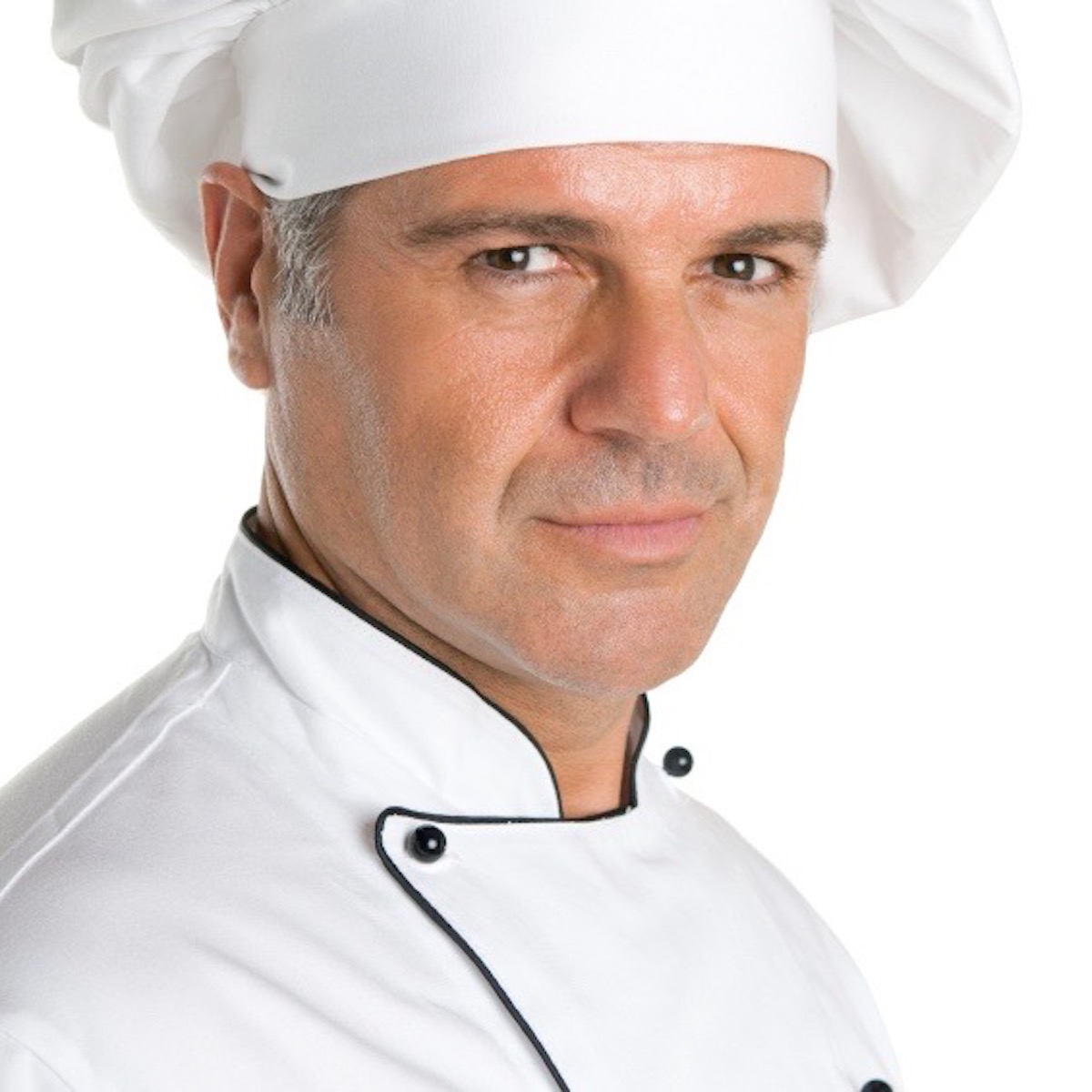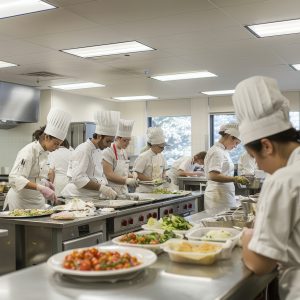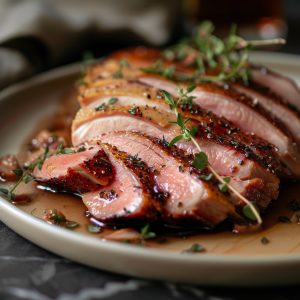So You Want to Become a Professional Cake Decorator
Becoming a professional cake decorator is a dream for many who have a passion for baking and artistry. It’s a career that blends creativity with precision, allowing you to transform simple ingredients into stunning, edible masterpieces.
As a cake decorator, you’ll be able to craft beautiful cakes for various occasions—from weddings and birthdays to corporate events and beyond. This profession demands a keen eye for detail, a flair for design, and a deep understanding of baking techniques. Whether you’re just starting or looking to refine your skills, mastering the art of cake decorating involves a combination of practice, education, and innovation.
In this post, I’ll explore the key steps to becoming a successful cake decorator, including essential skills to develop, the tools of the trade, and how to build a portfolio that showcases your unique style. Whether you envision working in a bustling bakery or running your own cake-decorating business, this guide will provide valuable insights to help you turn your passion for cake decorating into a rewarding career.
Skills Needed to Become a Cake Decorator
To become a professional cake decorator, you’ll need a blend of technical skills and creative flair. Here are some essential skills for success in this field:
- Baking Proficiency: A strong foundation in baking techniques is crucial. Understanding how different ingredients and methods affect the final product helps create cakes that look good and taste delicious.
- Cake Decorating Techniques: Mastery of various decorating methods, including piping, fondant work, and edible decorations, is essential. This includes skills like creating intricate designs, textures, and shapes.
- Attention to Detail: Precision is key in cake decorating. Paying attention to fine details ensures that every design element is executed perfectly, from the smoothness of the frosting to the alignment of decorations.
- Creativity: A successful cake decorator needs a strong sense of design and creativity. Visualizing and bringing unique and personalized cake designs to life is a significant asset.
- Time Management: It is important to work efficiently under pressure and manage multiple orders or projects, especially during busy periods like wedding seasons or holidays.
- Customer Service: Good communication skills are vital for understanding client needs, making recommendations, and ensuring satisfaction with the final product.
- Problem-Solving: It is crucial to be able to address and resolve issues that arise during the decorating process, such as fixing mistakes or adapting designs to fit specific requirements.
- Knowledge of Food Safety: Understanding and adhering to food safety practices ensures that all cakes are made and decorated hygienically.
Job Opportunities
As a professional cake decorator, you have a variety of work environments to choose from, each offering unique opportunities and experiences:
- Bakeries: Many cake decorators work in bakeries, designing and creating custom cakes for various occasions. Bakeries often provide a steady stream of orders and a collaborative environment.
- Specialty Cake Shops: These shops focus on cakes and often offer high-end, custom designs. Working here can allow you to specialize in intricate and elaborate cake decorations.
- Restaurants and Hotels: Some high-end restaurants and hotels have in-house pastry chefs who handle cake decoration. This can offer a more formal setting and opportunities to work on large-scale or luxury cakes.
- Catering Companies: Catering businesses often require custom cakes for weddings, corporate functions, and private parties. This environment can provide a variety of projects and a chance to work closely with clients.
- Event Planning Firms: Event planners sometimes have cake decorators on staff or partner with freelance decorators to provide cakes for weddings, anniversaries, and other special events.
- Home-Based Business: Many cake decorators choose to run their own home-based business. This allows for flexibility and the ability to create a personal brand but requires strong self-discipline and marketing skills.
- Online Platforms: With the rise of digital businesses, some decorators sell their creations or offer virtual decorating classes through online platforms, reaching a broader audience.
- Teaching and Workshops: Experienced decorators might also work as instructors, teaching cake decorating techniques through workshops, classes, or online tutorials.
Each setting offers its own set of challenges and rewards, so you can choose one that aligns with your career goals and personal preferences.
Demand for Cake Decorators
There is a steady demand for cake decorators, driven by several factors:
- Special Occasions: People often celebrate significant life events such as weddings, birthdays, anniversaries, and graduations with custom cakes. The demand for unique, personalized cakes continues to grow as people seek to make their celebrations memorable.
- Trends and Innovations: The popularity of new cake trends, such as elaborate designs, themed cakes, and edible art, drives demand for skilled decorators who can create these intricate designs.
- Corporate Events: Companies frequently order cakes for business events, product launches, and client meetings, creating a consistent need for professional cake decorators.
- Social Media Influence: The rise of social media platforms has increased the visibility of cake art and the desire for visually stunning cakes. This trend encourages more people to seek out professional decorators.
- Specialty Markets: There’s also growing interest in niche markets, such as gluten-free, vegan, or allergen-free cakes, which require decorators who can cater to these specific needs.
- Custom Requests: As people become more creative and personal with their celebrations, there is a rising demand for custom-designed cakes that reflect individual tastes and themes.
While the demand for cake decorators remains strong, it’s also competitive. Building a solid portfolio, keeping up with trends, and offering excellent customer service can help you stand out and succeed in this industry.
Baking and Pastry Arts Programs
Although it isn’t required to enter the field, most successful cake decorators have a culinary degree or some culinary education training. In a good program, you will not only learn the basics of baking and cooking desserts, but you will gain skills in:
- Blending colors
- Creating shapes out of dessert items
- Using sugar for molding
- Working with chocolate
- Designing cake centerpieces
- Building towers out of cake
- Project planning/Sketching
Degrees vary in length depending on the type of culinary program you choose, but you can expect a training time between 6 months and 2 years, and anything from a certification of completion to an Associate Degree in baking and the pastry arts once you’ve finished.
















2 Responses
What is the best school on Chicago for cake ,pastries decorating.?
Hi Theresa, thanks for reaching out. What is the “best” school is extremely subjective to an individual needs and financial availability. So many factors go into deciding what is the best school for you. There is also the question of available schools. Years ago, there were many more choices in Chicago. I suggest you do a search for culinary, baking, and pastry schools in Chicago and look at each school and see if it fits your needs.